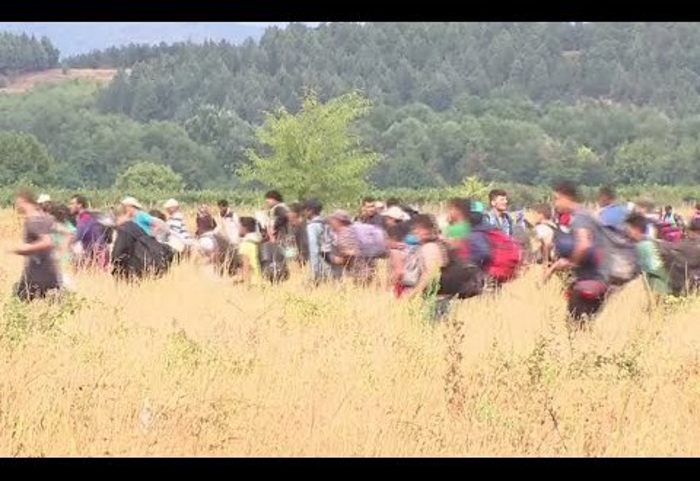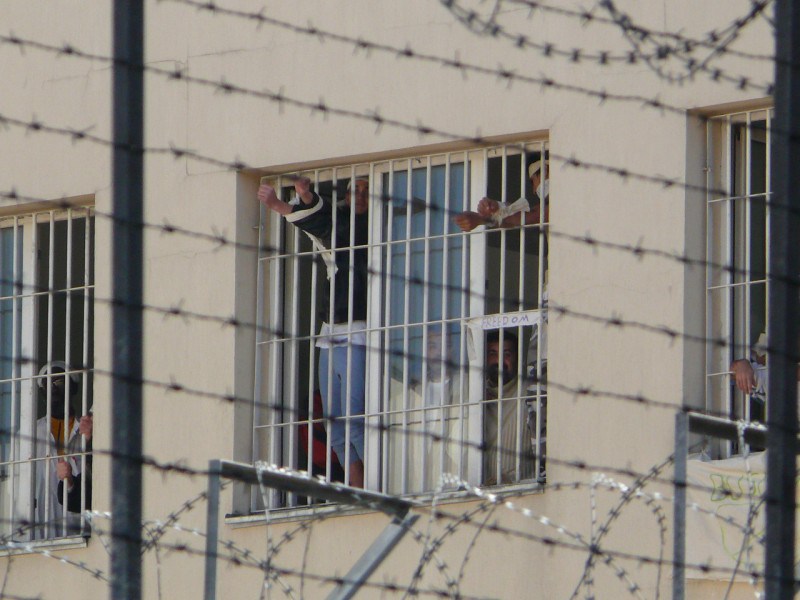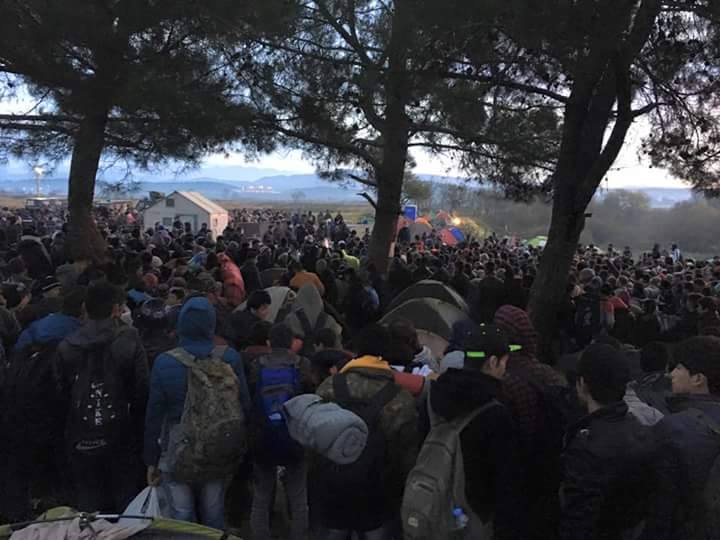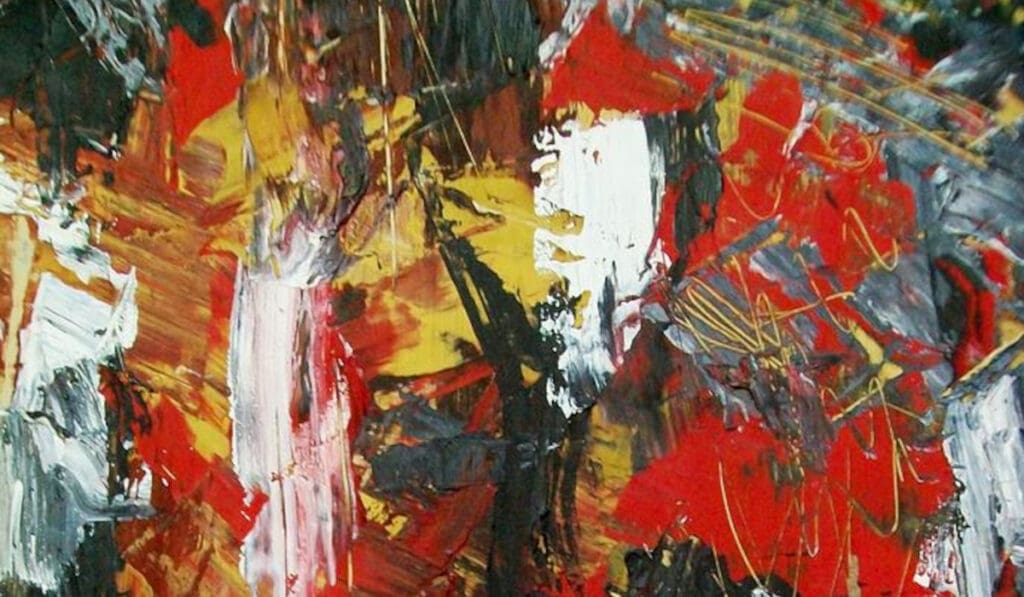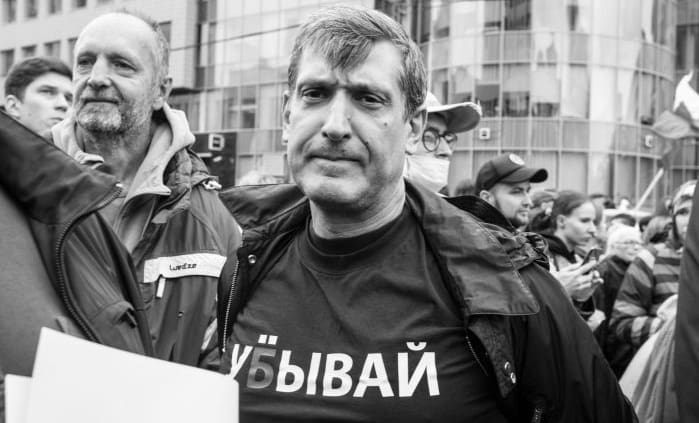The current crisis, looked upon from further east
Originally appeared in Russian at The Nihilist and in English at The Russian Reader
Raimond Krumgold
September 5, 2015
This summer we stopped back in Latvia on our way to Russia.
During the week as we were waiting for visas, I overheard a lot of things along the lines of “they have completely broken away from the collective and become remote from their people.” But the main shock for me was a one-off attempt at reading the latest Russian-language press. The quotas of refugees for Latvia were being discussed just then, along with the great reluctance to take in these same refugees.
I scanned several newspapers. They all wrote about the “nightmare brewing in Europe” in a tone of aggressive and malicious ignorance that I found quite unfamiliar. I really had the feeling I had opened a neo-Nazi website. The only difference was the gloating at the Latvians, who had discriminated against “us,” the good guys, and now were going to end up with “them,” those awful people.
At first, I decided something had changed over the years, and then I realized it was I who had changed. I tried to remember how things had been before and realized these newspapers had always written in a similar tone. I just used to think this was normal. I had even considered the Russian-language press internationalistically minded in comparison with the already quite right-wing Latvian press.
As long as I can remember, Europe has been dying. This has not been an article of faith, but a fact of reality. The sky is blue. Water is wet. Europe is dying of multiculturalism and political correctness. It would now be interesting to trace the origins of this ironclad certainty. Maybe it was the death of a huge country, which we experienced in the early nineties. Maybe it was ordinary ressentiment. We grew up in the ruins of one empire and maliciously anticipated another empire’s fall. I was not a racist, quite the contrary. But I had almost no doubts that a Munich caliphate would soon be fighting a Bavarian Kurdistan.
My first two trips to England were basically tourist trips. I brought back a huge number of impressions. But the main impression was that the country I saw did not look as if it were dying. Even in Birmingham, densely populated by immigrants, there was no sense of catastrophe. It gave me pause for thought for the first time.
Then there was my own emigration. It was economic emigration, triggered by the 2009 crisis, which took on the proportions of a natural economic disaster in the Latgale region of Latvia, where I lived. It was one of the most difficult years of my life, probably the most difficult.
The experience of looking for work in a foreign country with my money quickly running out has forever changed my views. We lived for a month in Sheffield’s “colored” neighborhood and quickly learned to visually distinguish the various African and Asian ethnic groups. However, it is generally difficult to confuse Nigerians with Somalis, not to mention Ethiopians with Kenyans.
We socialized with people at the very bottom. We even worked for a week at the very bottom, in a greenhouse growing flowers. It was a terrible experience. After that I could no longer look the same way at people who, just like me, were struggling to make it in a foreign country from scratch, but with no EU passport in their pocket and different skin color to boot.
Of course, my experience is not equivalent to the experience of all Eastern European immigrants. For many of us, living in a multicultural country has only heightened our aggression and hatred towards “others.” But this is usually caused by the inability to examine our fears and ourselves calmly.
The 2011 London riots were probably the finishing touch. Reading the English press and Russian bloggers in parallel, I discovered that Russia, both official Russia and completely “oppositional” Russia, exists in an information space of its own, cut off from all unusual information. The tussle, launched by Jamaican gangs (whose people have been in Britain for at least three generations) and embraced by lower-class white youth, was transformed, in Russian popular consciousness, into an uprising by Muslim immigrants.
It was then it first dawned on me that if I had still been within the purely Russian-language information space, I probably would have written such nonsense as well. Until recently, I would have seen this news as confirmation of my view of the world.
An objectively serious refugee crisis is underway in Europe. Something similar happened in the 1930s, during the wonderful Évian Conference, at which only the Dominican Republic acted humanely. All the other countries reported they had no more room. European Jews did not excite the most pleasant feelings among respectable burghers back then, so they had every reason not to increase the quotas for them. The beginning of the Final Solution was only three years away.
Now people are fleeing from a place where a wonderful quasi-state quite capable of organizing a small genocide has sprung up. Part of Europe is once again saying there is no room. In the forefront are my dear Latvia and the Eastern European republics generally. Over on the sidelines, licking its chops and brandishing a giant walking stick, is old lady Russia, which was no less dear to me once upon a time. Moreover, it has been closing its borders to former subjects of its beloved Assad. But I don’t want to write about Russia. It is too unpleasant a topic.
I want to write about something else. I will never forget my own immigration experience, which was relatively soft-core given that I had an EU passport. I will never forget the people, of various nationalities, who helped us that year. And I will also never forget the right-wing English “journalists” who were generating propaganda against us the whole time. They are Europeans, too, but Fortress Europe is not the Europe of which I am a citizen—a citizenship of which I am even beginning to be proud, despite the fact that initially I strongly opposed the EU.
So as an EU citizen and UK resident I personally signed a petition demanding an increase in the quotas for refugees. If I have to take to the streets to support this idea, I will do it. And I will personally greet the first families brought to our city and hand them flowers. Our island is small and overcrowded, but for their sake we will make room.
As a Latvian citizen I am seriously thinking about launching a similar petition to the Latvian government. This embittered rightwing marsh will not be able to hide from reality for long anyway.
You are burying Europe too soon.
Translated by The Russian Reader

